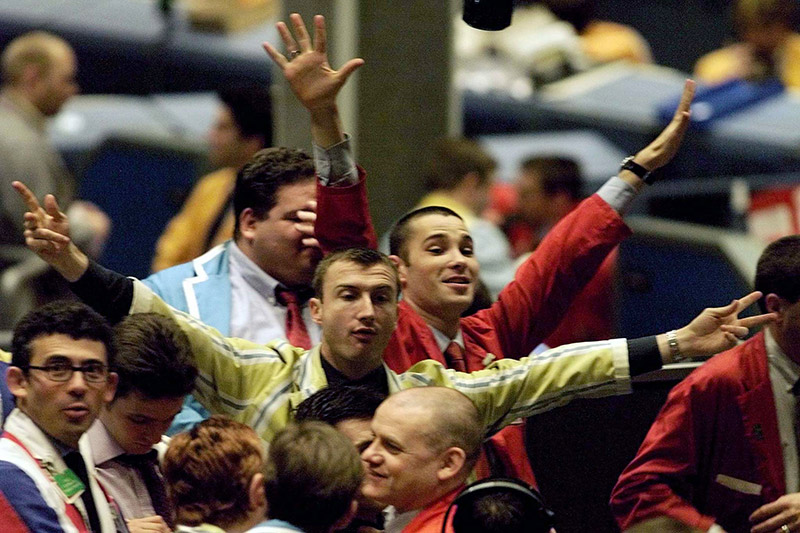By Sudip Kar-Gupta LONDON (Reuters) - Concerns about Portugal's banking system hit the Lisbon stock market on Thursday and weighed on European equities, which were also kept in check by tensions between Western powers and Russia.
Investors were also holding off from taking big equity positions ahead of a European Central Bank (ECB) policy meeting and news conference by ECB President Mario Draghi, due later in the day.
The ECB is set to hold fire on rates as it waits for earlier stimulus measures to gain traction, while keeping an eye on risks from the conflict in Ukraine, where Kiev forces are fighting pro-Russian separatists.
Lisbon's benchmark PSI-20 index (PSI20:) was down by 0.7 percent, underperforming the broader, pan-European FTSEurofirst 300 index (FTEU3:) which was down 0.2 percent at 1,320.72 points.
Traders said the Lisbon market remained impacted by worries over the state rescue of Portuguese bank Banco Espirito Santo (LS:BES), which was hit by financial problems associated with its Espirito Santo founding family.
Investors are concerned that lenders who contribute to a bank recapitalisation fund, through which the state injected 4.9 billion euros to carve out a healthy new bank out of Banco Espirito Santo, may end up paying a chunk of the rescue bill.
"The prevailing sentiment in Portugal's stock market is gloomy. The negative sentiment towards the banks in general is shared not only by investors but also by the public at large," said Ricardo Evangelista, an analyst at London-based brokerage ActivTrades.
RUSSIA SANCTIONS
European stock markets were also pegged back by ongoing tensions between Western powers and Russia.
Russian state news agency Ria Novosti said late on Wednesday that Russia will ban all food imports from the United States and fruit and vegetables from the European Union, in an escalation of the economic battle with the West set off by the crisis in Ukraine.
Many German companies, such as Adidas (DE:ADSGn), have significant business interests in Russia and could therefore be impacted by sanctions.
Germany's main DAX (GDAXI:) equity index was down by 0.2 percent, close to a near 5-month low hit on Wednesday as the DAX continued to retreat from a record high reached in late June.
"The Russian sanctions are likely to hit Germany, although I think equity market prices could bounce back from here in the near term," said HED Capital head Richard Edwards.
Europe bourses in 2014: http://link.reuters.com/pap87v
Asset performance in 2014: http://link.reuters.com/gap87v
Today's European research round-up [RCH/EUROPE]
(Additional reporting by Blaise Robinson; Editing by Toby Chopra)
